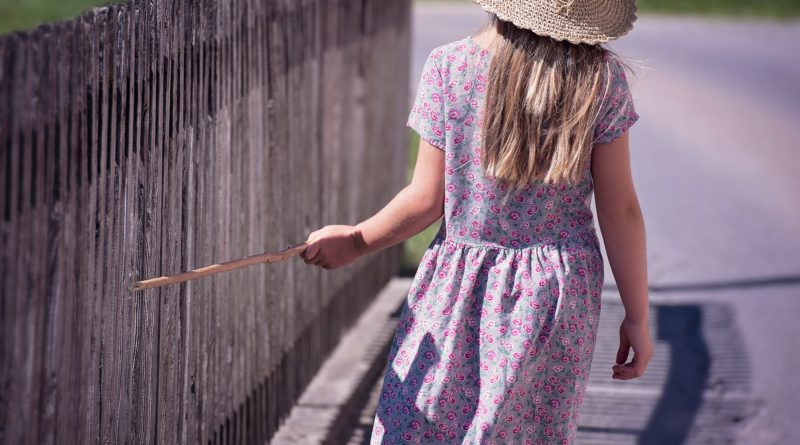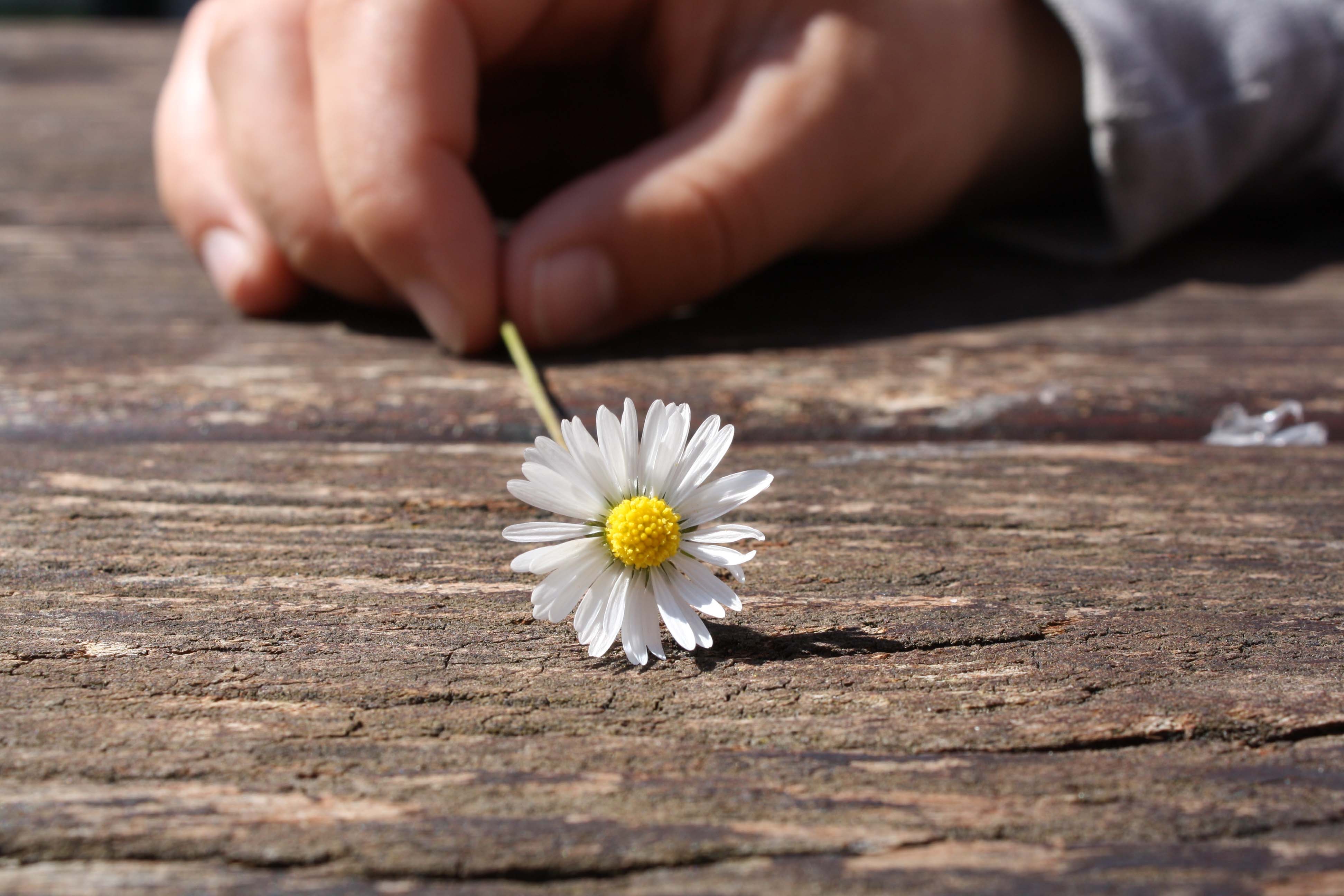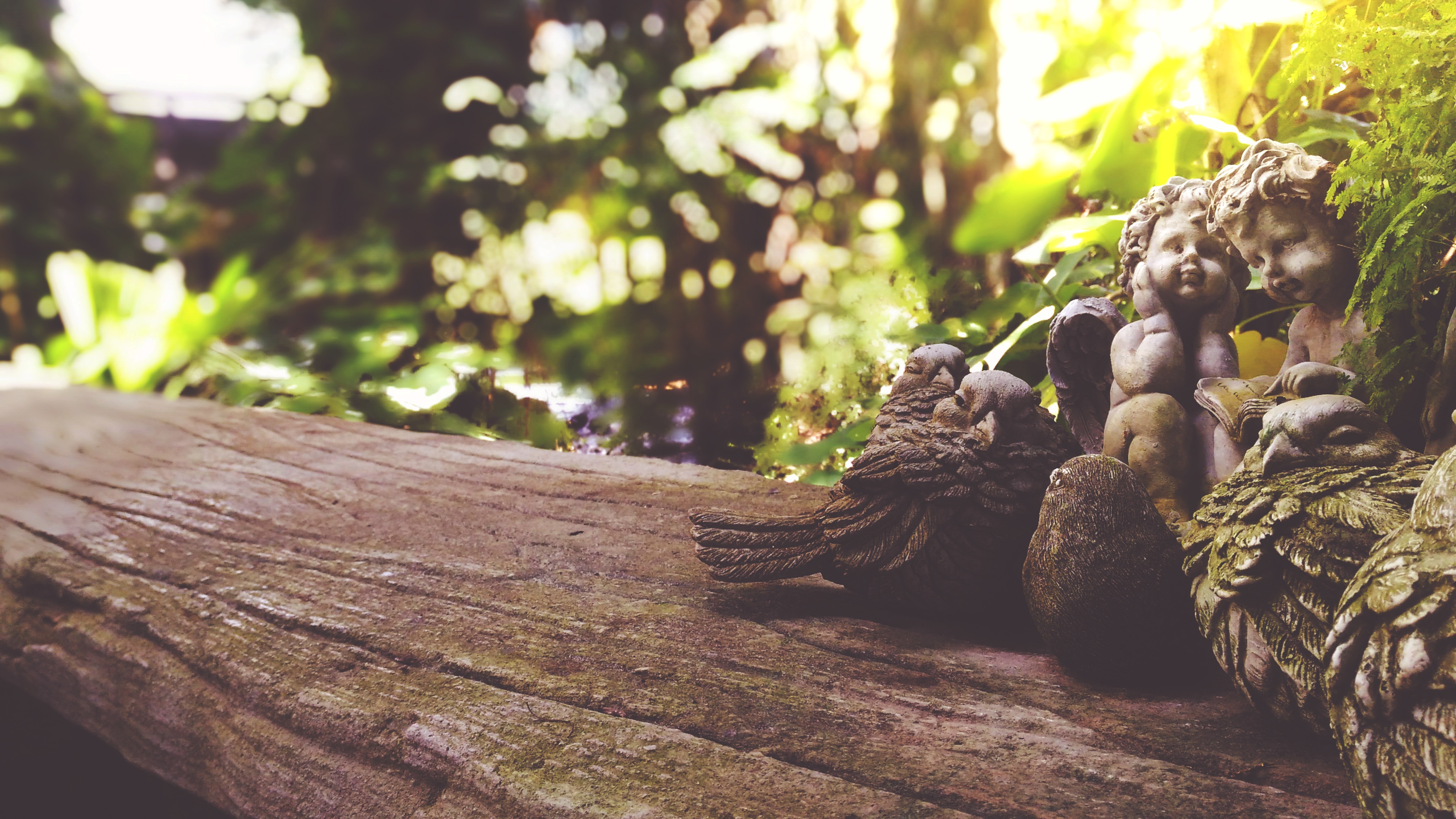Why Never Say Never? And Why Does Touching Wood Save You?
Do you know where the superstitions “never say never” and “knock on wood”—“touch wood” in the Queen’s countries—originally came from?
The saying “never say never” is quite ironic because you must say the word “never” twice to explain that you shouldn’t say the word in the first place. Most people know that if you say you’ve never done something, you run the risk of that something happening to you.
If you’re a believer of superstitions, you may shy away from the word “never,” but you may not know the origin as to why you should be cautious when using the word. If this is what you’ve come to this article to find out, feel free to skip the brief personal story I’m about to tell.
If you are a person who is similar to the childhood version of me, where the idea of superstition is utter non-sense, heed my story.
The story to Connor’s belief in superstitions:
I hadn’t broken a bone for the first 11 years of my life. One day though, while talking about broken bones with some friends, I decided to boast and let them all know that my sturdy bones were impervious to breakage. I said the words, “I’ve never broken a bone.”
I knew the superstition about the word “never,” but I didn’t care. I grew up with chemists as parents; such absurd ideas didn’t belong in the house of scientists! We had a mirror in our bathroom that was broken for as long as I could remember. I don’t know who broke the mirror, maybe I did, but it wasn’t ever fixed until after my brothers and I moved out of the house. Needless to say, the concept of superstition did not exist in my home.
After making the grave mistake of boasting my flawless bones, I broke my wrist less than 30 minutes later while roller-blading in the driveway. It was one of the two big bones in the wrist; I can’t remember the name. Clearly, I did not join the science side of the family.
It was a simple action; I was making a turn when I lost my balance and fell only slightly to my side. My body’s automatic response was to put my right wrist out and catch myself. Falling was in my nature, so this was something I had done many times. This time, however, was different. I heard a snap and felt the immense surge of pain crawl up my arm, causing me to shout out and cry.
I went to the hospital, had the X-rays, and sure enough, there was a break. From that day on, I always used caution around the word “never,” knocking on wood even when I heard others use the word of taboo. It wasn’t until much later though, that I learned why knocking on wood protected people from the superstition.
I was in a bar, socializing with people I hadn’t met before when one lady used the word “never.” I immediately told her to knock on the wood of the bar, doing so myself, just in case. In that moment, an older man started to laugh. He looked at me and asked, “Do you know where that started… touching wood?” I gave him a confusing look at first, and then a look of great curiosity.
I hadn’t ever heard someone say “touch wood,” hence the confusion, but he cleared that up by saying it’s the British version—of course it’s different—though, I was more curious to find out the origin of the saying, as you probably are now.
The answer: Fairies!
He told me the expression originally came from the Druid religion. They believed in the Fae, or fairies, and that everything is connected through nature. The Fae lived in trees and anything a person said around a tree would eventually be heard by the fairy folk. If a tree were chopped down and turned into a table, the Fae could still hear the words of men through the wood of the table. It’s like everything made of wood is a listening device for the Fae.
The Druids also believed that the Fae could be quite mischievous in changing the fates of men. If the fairy folk were to ever hear a man boast, perhaps by saying “I’ve never lost a battle,” the Fae would intervene. In that man’s next battle, they would show up and cause mischief, resulting in the man losing the battle.
Therein lies the supposed origin of the expression: Never say never.
Why does touching/knocking on wood help you?
There are thoughts that you could disrupt the sound of your voice, preventing the Ferries from hearing you. It’s also believed that touching wood is like giving homage to the Fae, acknowledging their existence and apologizing for saying words that would make them want to jinx you.
“Why were the fairies so evil?” Some may ask. Well, how do you feel when you hear someone brag about their accomplishments. Have you ever wanted to punch such a person in the face? I sure have. Hearing someone else brag about their good fortunes tends to make those less fortunate feel bad, so, in my opinion, the fairies decided to even the playing field and ruin things for those who brag unrepentantly; thus, bringing about a more humble society.
This made quite a bit of sense to me, but I decided to cross reference the story of the older man I met in a bar with the experts of the internet. Here is what I found.
Links to articles of reputable sites:
http://www.history.com/news/ask-history/why-do-people-knock-on-wood-for-luck
http://mentalfloss.com/article/50079/why-do-we-knock-wood
Turns out the older man in the bar knew what he was talking about.
If you’re a fan of clever loopholes, like me, here are two tips:
- “I haven’t ever…” Technically, you’re not saying “never.”
- If you want something to happen to you, try saying that something has never happened to you.
Example: I’ve never won the lottery.
Whatever your superstition beliefs may be, I wish you the best of luck in your future endeavors and hope that you always remember to be humble, otherwise, the Fae may come for you!







So lately I have been using the word never in everything and I now think that I’m using it the wrong way like on deadly diseases and stuff like do you think I would get that disease if like I say in my mind that I’ve never got colds? The disease I used it in is AIDS and I regret thinking about it and I don’t really wanna get it . I was trying to make my mind not say it and I’m really worried I might get aids.